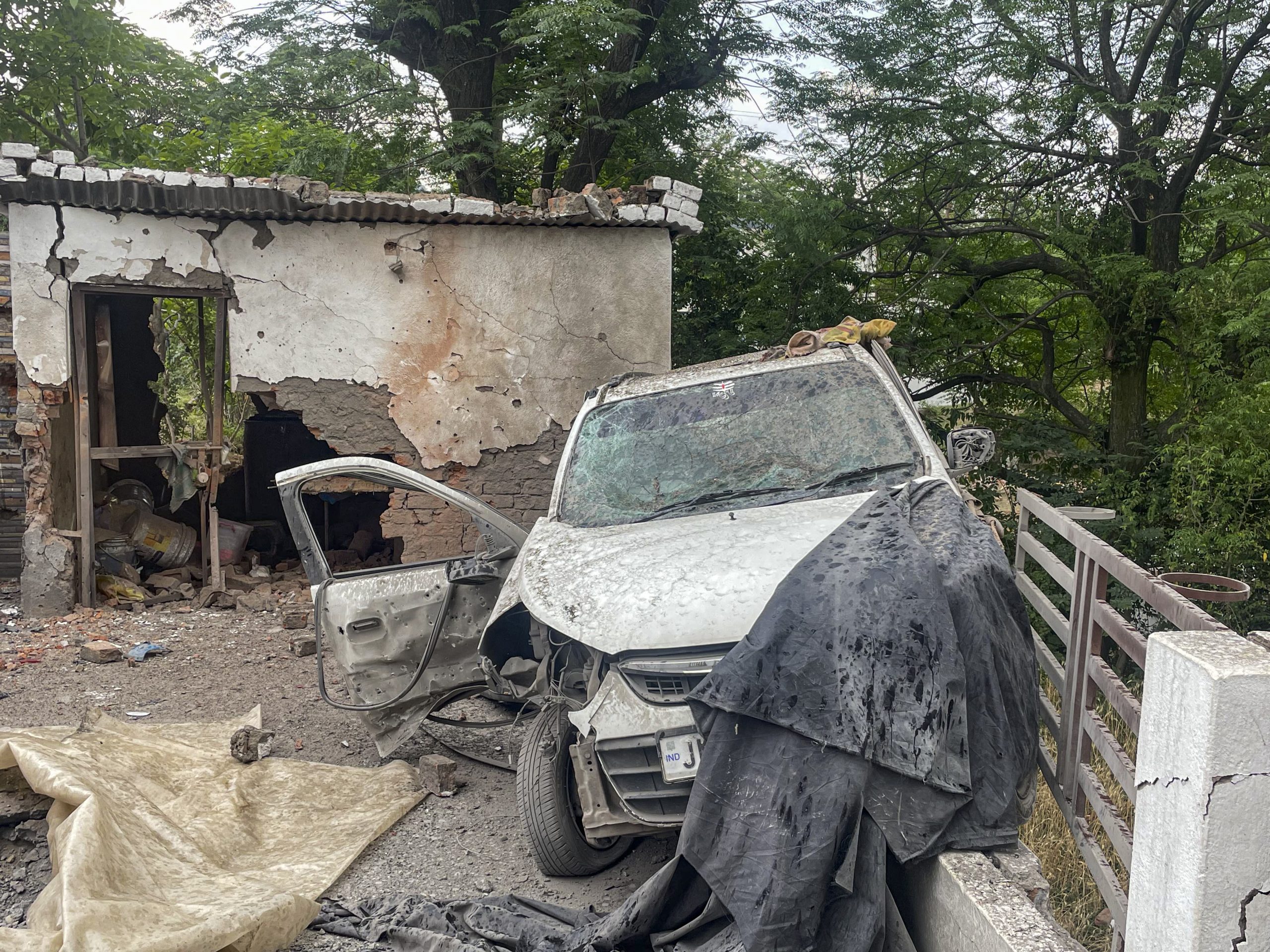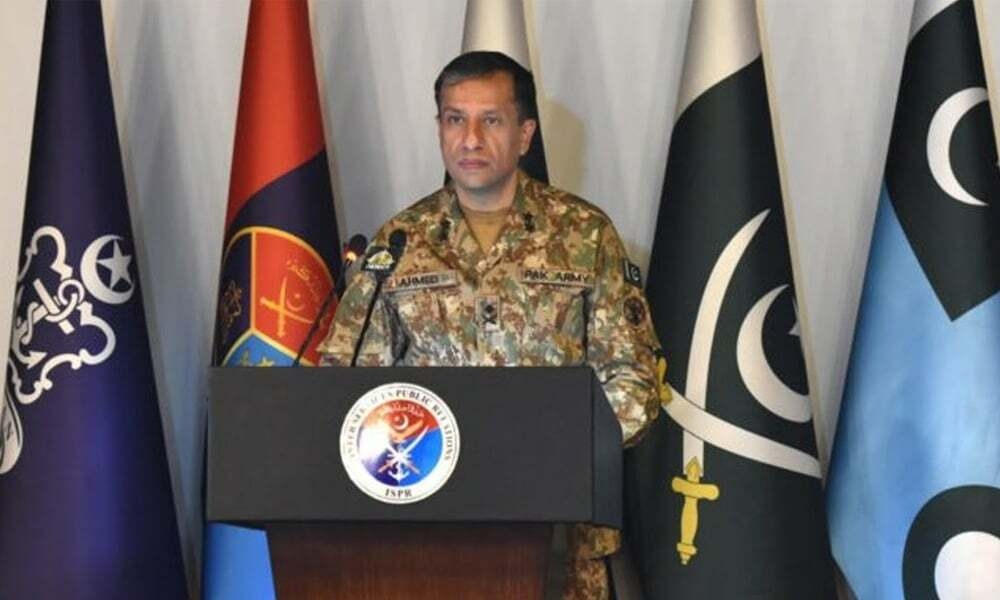India Denies Bias In Permanent Commission To Women Officers, Assures SC Of Fair Process

Women Army officers take their fight for fair promotions and permanent commission to the Supreme Court, challenging bias in the ranks. Image courtesy: AI generated picture via DALL-E
The Indian government has strongly refuted allegations of gender-based discrimination in the Indian Army’s permanent commission (PC) process, telling the Supreme Court that all parameters were being applied fairly to Short Service Commission (SSC) women officers.
A three-judge bench comprising Justices Surya Kant, Ujjal Bhuyan, and N. Kotiswar Singh questioned Additional Solicitor General (ASG) Aishwarya Bhati, representing the Centre and the Army, on concerns raised by women officers who had approached the apex court.
These officers argued they were being denied PC despite serving in sensitive postings and key operations.
What did the government say about the promotion policy?
ASG Bhati clarified that the government’s policy was being implemented in letter and spirit, stressing that the annual confidential reports (ACRs) of women officers were gender neutral.
“In the Army, we follow a very strict regime. There is no question of discrimination, as the selection board does not see the officer’s name,” she submitted.
The bench, however, underscored the need to ensure women officers did not feel sidelined. “They should not be made to feel they would not be considered for permanent commission,” the judges told the ASG.
How is the weightage of hostile area service provided?
Responding to concerns about the weightage of “criteria appointments,” assignments in difficult or hostile areas, Bhati said such postings were not the sole deciding factor. “There are several aspects of the ACR considered when granting PC. Where criteria appointments are not available, officers are given average marks,” she explained.
Women officers had earlier contended that despite serving in high-risk environments and participating in major operations such as Galwan, Balakot, and the recent Operation Sindoor, they were still denied PC. A criteria appointment typically involves commanding a post in a combat or high-tension zone.
Bhati further highlighted the Army’s manpower constraints, pointing to a cap of 250 officers considered for PC per batch, based on merit.
However, the bench observed flaws in the policy, noting that SSC officers with 80 marks in one batch could be excluded while others with 65 marks from another batch might make the cut.
On September 18, 2025, women SSC officers formally informed the court that they faced systemic bias in the PC selection process despite their proven service records.
Why earlier benches upheld promotion policy?
On September 24 and 25, Additional Solicitor General Aishwarya Bhati informed the bench that the 2020 verdict in the Babita Puniya case and the 2021 verdict in the Nitisha case had upheld the policy. She also noted that the MoD had corrected all the faults in the policy that the court had pointed out earlier.
Elimination was also part of the policy to keep the forces young, and it was equally applied to all without discrimination. “No process can satisfy everyone, and there will always be heartburn,” Bhati said as she concluded her arguments.
Senior advocates Maneka Guruswamy, V. Mohana, Abhinav Mukherjee, and Rekha Palli appeared for the Short Service Commission women officers. The judges said they would also hear similar pleas related to permanent commission from the Indian Navy, followed by the Indian Air Force and Coast Guard.







